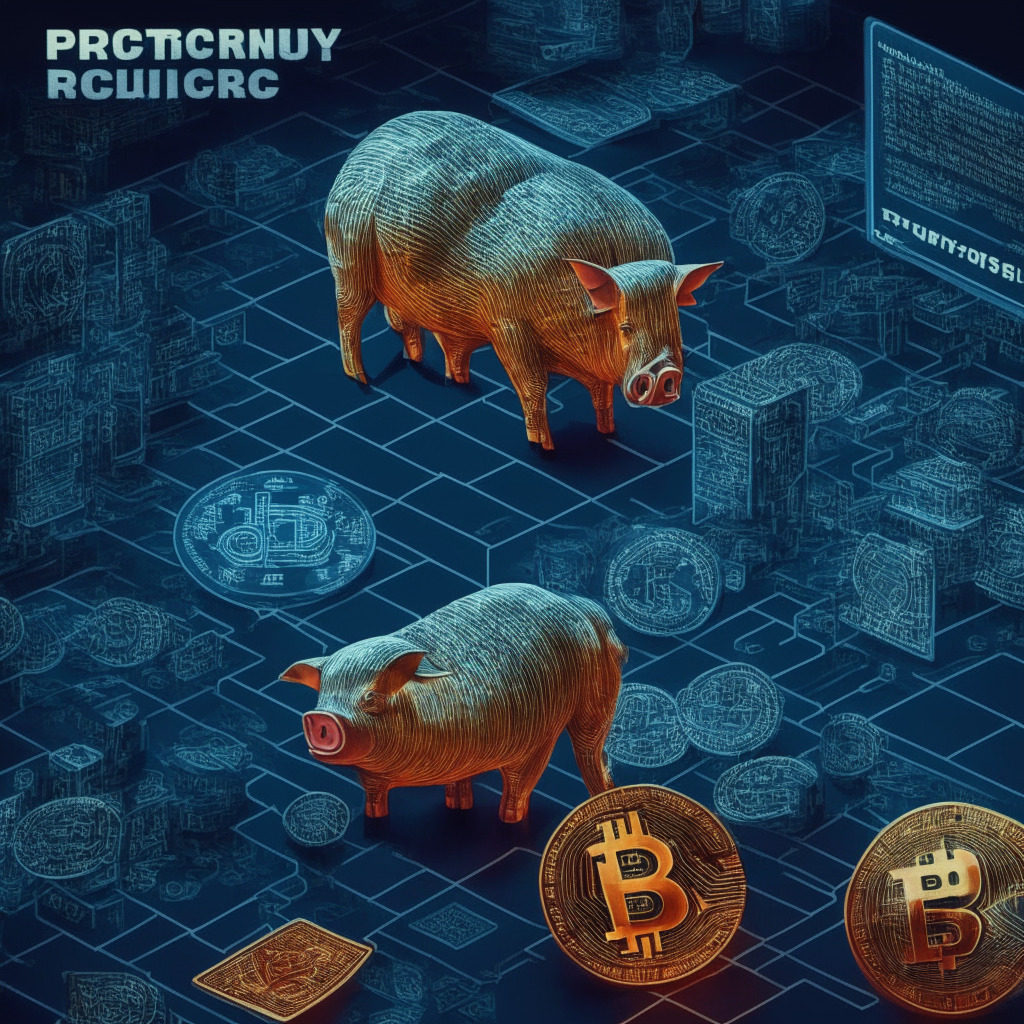In the vastly evolving world of blockchain technology, it’s paramount to talk about the digital revolution that’s swiftly underway. Cryptocurrency, a critical offshoot of the blockchain, has been notably disruptive, offering promising prospects and instigating challenging critiques.
The most compelling strength of cryptocurrency—its decentralized nature—is noteworthy. By decentralizing finance, blockchain technology ushers in an era where financial resilience, transparency, and freedom are not just possible, but are indeed the norm. Contrary to traditional banking systems that wield considerable control, these digital currencies can offer independence and security, functioning without a central authority. Through, for instance, BTC, individuals can make transactions around the globe without intermediaries’ intervention or abusive fees.
However, as with any groundbreaking technology, blockchain is not without its criticisms. By its very nature, transactions made on a blockchain are irreversible. Once a cryptocurrency transaction has been recorded on the blockchain, it cannot be changed or erased – it functions in a ‘write once, read many’ state. This feature is double-edged; while it makes for a highly secure and transparent system, it also leaves no room for error, with potentially disastrous consequences if a user were to lose access to their digital wallets.
Furthermore, the progression of blockchain technology introduces a plethora of regulatory issues, creating a legal gray area. It seems as though every nation has its stance on digital currencies, with stringent restrictions in some regions and open arms in others. Particularly in countries with stringent financial laws, this grey area presents an obstacle both to blockchain companies and individual investors alike.
And then we have the energy consumption conundrum. Mining cryptocurrencies, especially BTC, require significant computational power, thus leading to vast energy usage. Critics argue that this energy consumption, along with the environmental effect it could potentially have, negates any positives the technology might bring.
On the other hand, blockchain enthusiasts argue that the path to being energy efficient is already being treaded upon. It’s in this context that one might reflect upon Elon Musk‘s famous endorsement of Dogecoin as a ‘green’ cryptocurrency.
While the wave that blockchain rides is exciting, it is also murky. The field is currently sat between the potential for a financial revolution and criticism from traditional finance quarters. With numerous forms of digital currencies emerging, from the dominant BTC and Ethereum to the hyped-up Dogecoin, the future of finance may well lie within the blockchain. But in seizing this future, it’s vital not to overlook the potential disruptions and downsides. For even in this brave new world, caution remains a prudent advisor.
Source: Cryptonews




